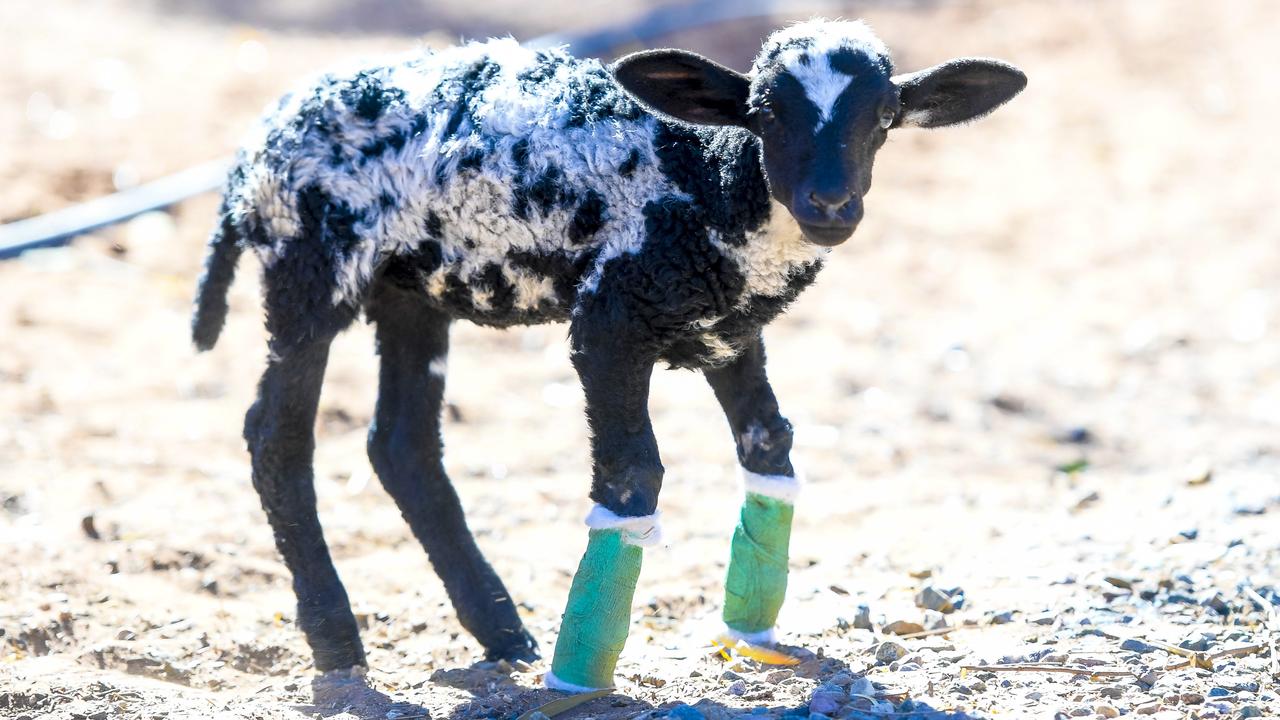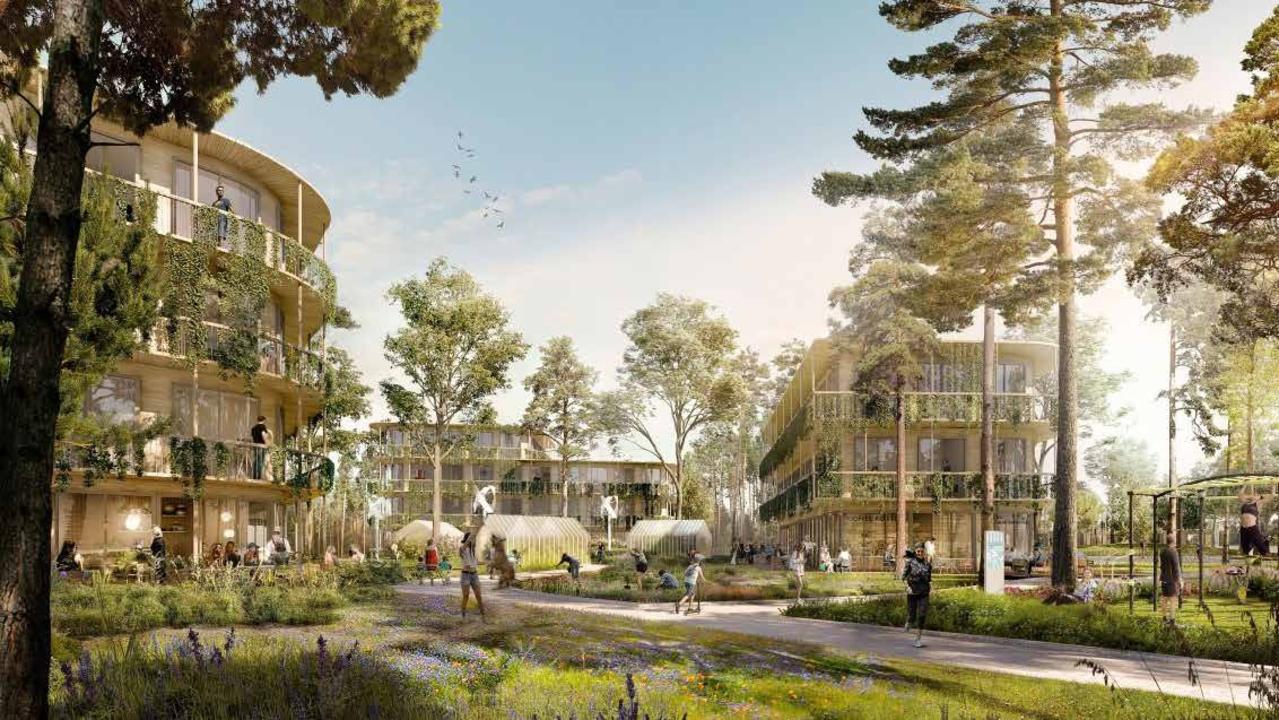Beaumont Children dig: Key suspect Harry Phipps’ niece linked to member of the family before disappearance
As a fresh dig for the remains of the Beaumont children begins, it has been revealed the niece of a key suspect had close links to a member of the family.
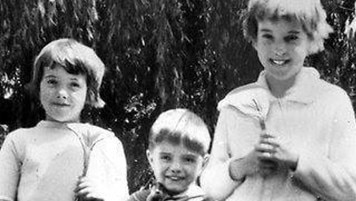
SA News
Don't miss out on the headlines from SA News. Followed categories will be added to My News.
Nearly 60 years after the three Beaumont children went missing from Glenelg, it’s been confirmed the family member of a key suspect in their disappearance was related to the siblings by marriage.
The information has come to light as a final search begins on the industrial land believed to be the trio’s resting place.
The former Castalloy site at North Plympton was owned by Adelaide businessman Harry Phipps, who emerged as a person of interest in the unsolved crime following his death in 2004.
The site was excavated by SA Police in 2018 but independent MP Frank Pangallo has organised a new, privately-funded dig after being informed that two metres of topsoil had been poured over, suggesting forensic investigators did not go deep enough.
The three Somerton Park children – Jane, 9, Arnna, 7, and Grant, 4 – vanished from Glenelg on Australia Day, 1966, a case Mr Pangallo described as “the great Australian tragedy”.
Speaking at the now-barren site on Saturday, which has been earmarked for development, Mr Pangallo revealed a person close to the Beaumonts phoned him last week, telling him Mr Phipps’ niece married a cousin of the children’s father, Jim, in the years following their disappearance.
The Advertiser understands Mr Phipps’ niece is still alive but the couple were separated.
It is not suggested Mr Phipps’ niece is connected with the cold case disappearance.
Mr Pangallo, a former journalist, did not reveal the source’s identity but said the connection could explain why the children acted in a “familiar” manner towards an unknown man seen with them the day they vanished.
“That hasn’t been previously known and it’s another link in this case that shows Mr Phipps could have known the Beaumont kids and the family,” he said.
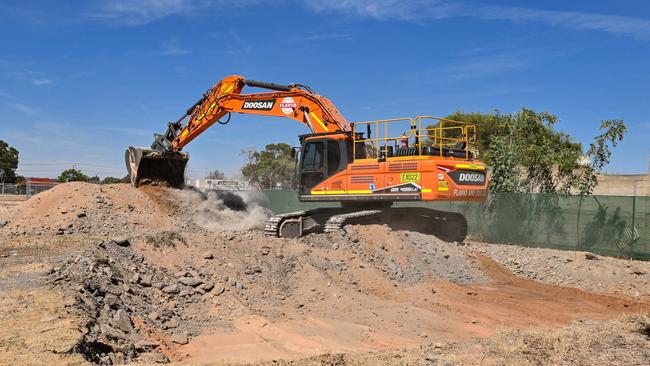
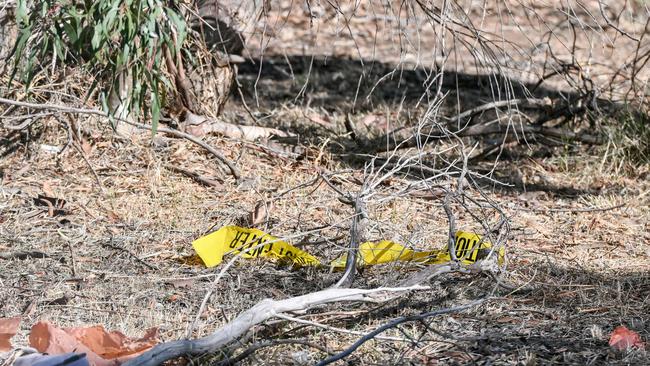
“It’s another piece of circumstantial evidence that points to (him) being the prime suspect … we of course did verify that fact with family members and others that knew them.”
Curious onlooks gathered on the first day of the dig on Saturday watching the ground be dug up by excavators from Flavio and Sons Civil, working free of charge.
The team will target three potential areas where Mr Phipps, in 1966, asked two employees to dig a hole for unknown reasons.
Mr Pangallo suggested the brothers may have been confused about the actual spot where they carried out the work.
New inspections of the original site map showed that an entrance gate – a crucial point of reference for the 2018 dig – had been removed in intervening years, meaning one of the new search areas will have been completely untouched.
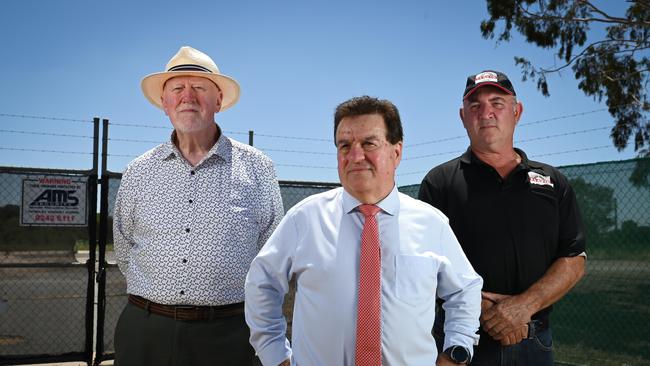
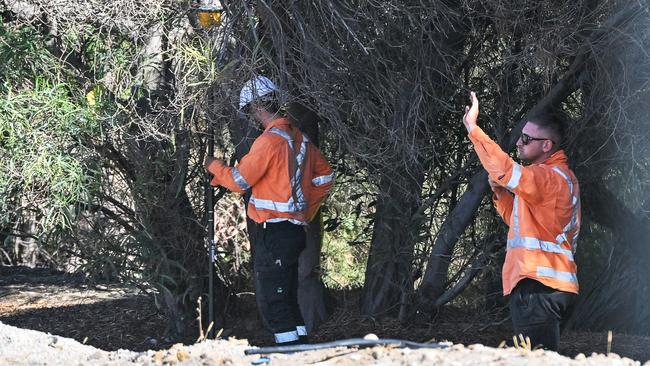
“This isn’t simply someone having a guess … it is just the jigsaw that has been pieced together and the evidence has been too hard to ignore,” Mr Pangallo said.
Crime writer Stuart Mullins, who attended the first day of excavation, named Mr Phipps as a suspect in his 2004 book ‘The Satin Man: Unmasking the Killer of the Missing Beaumont Children’.
In it, he and co-author Alan Whiticker presented a slew of new claims, including that Mr Phipps’ son had seen the Beaumont children in his backyard on January 26.
For Mr Mullins, there was an “emotional attachment” to the case, having lived only 4km from the Beaumonts as a child and frequenting the same parks they did.
“For kids that grew up in the era, only you knew the feeling of what that was like, and that whole life was snatched away from me,” he said.
Mr Mullins said he was not sure why the unidentified source chose to come forward now.
“If they speak up too early, they could be shot down in flames – now there’s more information, and this is gathering steam, which gives people the confidence they won’t be looked on like a loonie,” he said.
Retired detective Bill Hayes, who has supported Mr Mullins’ investigations, believed the businessman was still the prime suspect and called the new link “very significant”.
“Perhaps out here somewhere are the bodies of three innocent children who should not be here … someone had to take the call, someone had to be a champion for them,” Mr Hayes said.
BREAKING: The new dig for the Beaumont children has begun at the old Castalloy factory site.
— Hannah Foord (@HannahFoord7) February 21, 2025
It’s expected to go for 7 days.@7NewsAdelaidepic.twitter.com/CKUrUFUdJ2
University of Adelaide forensic archaeologist Maciei Henneberg, who is overseeing the dig, said if remains were discovered, DNA from surviving relatives could be used to identify them.
Professor Henneberg said bones were generally “preserved well” up to 60 years but there was the risk that acid from tree roots could have caused degragation.
Other possible clues would also be monitored, such as differences in soil quality and textile fragments.
The childrens’ mother Nancy Beaumont died in 2019 and her husband Jim passed away in 2023 with the divorced couple having never learned their children’s fate.
The new search will run until Friday and police will be immediately be notified if any human bones are uncovered.
Last week, SA Police said they would monitor progress but believed the fresh effort was “not supported by evidence and available information”.
More Coverage
Originally published as Beaumont Children dig: Key suspect Harry Phipps’ niece linked to member of the family before disappearance



